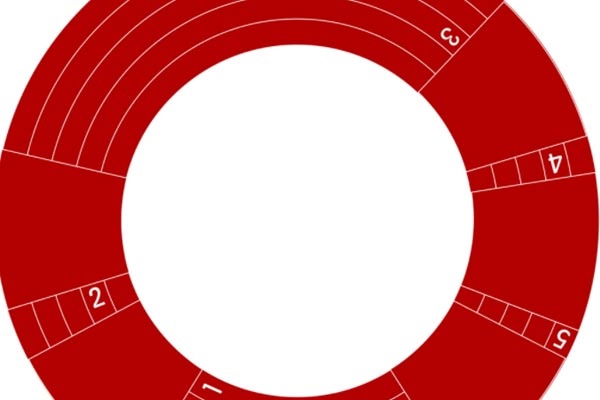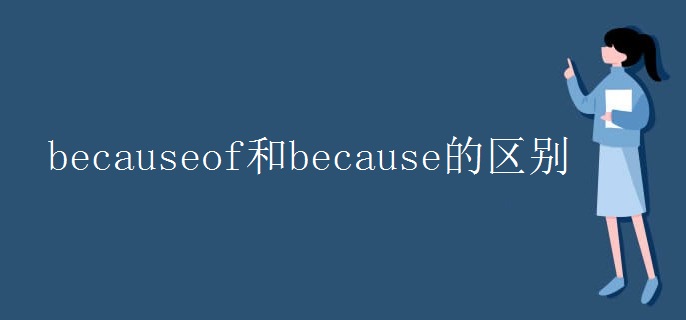英语倒装句12种类型都有什么
倒装句是英语当中比较独特的一种句式,也是非常难掌握的一个英语知识点。下面小编为大家整理了英语倒装句的12种类型,供大家参考。

英语倒装句的12种类型
1、“there be”结构
在这一结构里,there是引导词,主语在be后。
There is a box on the table.
桌子上有个盒子。
2、疑问句
疑问句为倒装形式。
Is she singing in the classroom?
她是不是正在教室里唱歌?
3、here、there等副词开头的句子(部分)
在here、there等副词开头的某些句子中(要用一般现在时态)(前两个例句);如果主语是人称代词,主语和主要动词的词序不变。(完全倒装)(最后一个例句)
There goes the bell.
铃响了。
Here is an apple for you.
这个苹果给你。
There she comes.
她来了。
4、重复倒装句型
在以so、nor、neither开头,表示谓语所述的情况也适用于另一个人或一事物的肯定或否定句中。so用于肯定句,表示“也一样”、“也这样”;nor、neither用于否定句,表示“同样也不,也不这样”。
I am watching TV. So is she.
我在看电视,她也是。
My parents didn't watch TV last night. Neither (Nor) did I.
我父母昨晚没有看电视,我也没看。
5、直接引语的全部或一部分放在句首时,主句中的主谓也常直接倒装(完全倒装)
"Very well," said the French student.
“很好”,那个法国学生说道。
"Bring me two eggs and a cup of tea, please."said he.
“请给我2个鸡蛋喝一杯茶”,他说。
6、否定副词开头的句子(部分倒装)
在以never、little、hardly、not
only、few、not、seldom等否定副词开头的句子中,采用部分倒装;如果不放在句首就不要倒装。
Little did he say at the meeting.
在会上他没说话。
Never shall I forget the day when I joined the Army. 我不会忘记我参军的那天。
比较:I shall never forget the day when I joined the Army.
7、以only所修饰的副词、介词短语或状语从句的句子
Only when the war was over in 1918 was he able to get happily back to
work.
只有1918年战争结束,他才能开心地重归工作。
8、地点、方位副词在句首 (完全倒装)
为了表达生动,有时把表地点、方位的副词,如
up、down、out、away、in等放在句首,同时把谓语动词放在主语之前。若主语为人称代词,主语和谓语动词的位置不变,只将副词放在句首。(完全倒装)
Away hurried the boy.
男孩匆忙走开了。
9、虚拟结构中
在虚拟结构中,条件从句的谓语含有were、had 和should这三个词是,可省去if,将这些词移至主语之前。
Had I time (= If I had time), I would go and help you.
如果我有时间,我会去帮助你的。
10、as 引导的让步状语从句
as引导让步状语从句时要倒装(形容词/ 副词/ 名词/ 动词 + as + 主语 + 谓语)。
Proud as they are, they are afraid to see me.
他们很傲慢,但是也害怕看到我。
11、祝愿的句子
用于某些表示祝愿的句子里。
May you succeed!
祝你成功!
12、So + 形容词、副词及such 置于句首时
So happy did he feel.
他感觉非常开心。
倒装句在不同类句子当中的使用情况及注意事项
A. 在疑问句中:各种疑问句一般地说都是倒装语序。如:Will they come here?
B. 在感叹句中:某些感叹句也用倒装语序。如: Isn't it a beautiful garden ! 多么美丽的花园啊!
C. 在陈述句中
1)为避免句子部分内容不必要的重复,常用“so + be动词 (助动词、情态动词)+主语”或“neither/nor +be动词(助动词、情态动词)+主语”的倒装句式。其中第一个句式表示“与前面所述的肯定情况相同”, 第二个句式表示“与前面所述的否定情况相同”。
2)具有否定意义的词或短语置于句首时(特别提醒:否定词修饰主语的情况除外),句子一般要写成部分倒装句。此类词或短语常见的有:not, never, seldom, hardly, rarely, scarcely, by no means, under no circumstances, in no way, at no time, no sooner … (than), hardly … (when), not only … (but also), not until… ,等。如: Not until twelve o'clock did he go to bed last night . 3)当so, often, only等表示程度、频率的副词放在句首时,句子一般要倒装。如: Only in this way can you come up with a solution to the problem.
4)当there, here, then, now等副词在句首,且谓语是come, go, be等动词时,句子一般要全部倒装。其意义在于引起他人的注意。如果这类句子的主语是代词,则不用写成倒装句。如: Now, here comes the good part. 特别指出:在There be…的句式中,There只是个引导词而不是主语,真正的主语是后面作表语的名词或者名词短语。因此,There be…的句式都是全部倒装的句子。如:There are large numbers of students in the lecture hall.
5)当out, in, away, up, bang等表示方位或拟声词放在句首时,句子一般要全部倒装。这类句子比自然语序的句子更为生动、形象。但如果这类句子的主语是代词,则不可以写成倒装句。如: Away flew the bird. 不可以说:In came he and the lessons began.
6)其他情况还有:省略了if的虚拟条件句、某些表示祝愿的句子、以及某些让步状语从句,等等也要用倒装句式。如:(省略了if的虚拟条件句)Had they not helped us, we could not have done it so successfully.



